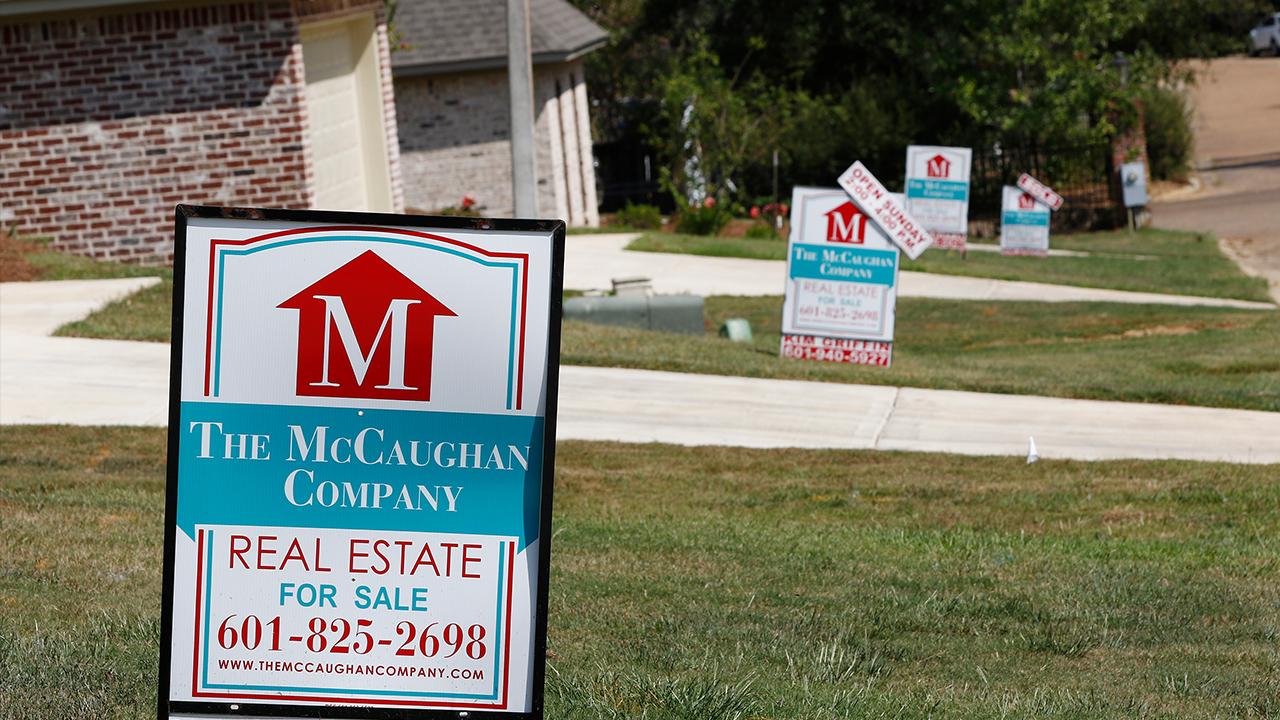Refinancing your mortgage just became more expensive, here’s why
Fannie Mae and Freddie Mac introduced a new fee to offset coronavirus-related risk
Americans looking to take advantage of historically low interest rates to refinance their mortgages may wind up paying thousands of dollars more than they anticipated.
Refinance mortgages with settlement dates after Sept. 1 will be subject to a new 0.5 percent adverse market fee, Fannie Mae and Freddie Mac announced this week.
In a statement, Freddie Mac acknowledged the policy was a consequence of the coronavirus pandemic.
“As a result of risk management and loss forecasting precipitated by COVID-19 related economic and market uncertainty, we are introducing a new Market Condition Credit Fee in Price,” the statement read.
MANHATTAN RENTS PLUMMET 10% AFTER COVID-19 EXODUS
The fee will be imposed on both cash-out and no cash-out refinance mortgages sold to the GSEs. It will not, however, affect purchase mortgages.
Fannie Mae and Freddie Mac do not originate loans – instead they purchase and guarantee them on the secondary market.
ONE-THIRD OF AMERICANS EXPECTED TO MISS AUGUST RENT
Critics believe the policy undermines many of the efforts the government has taken to support borrowers throughout the pandemic.
In a statement, Mortgage Bankers Association president and CEO Bob Broeksmit said the “ill-timed,” “misguided” directive “flies in the face of the administration's recent executive actions.”
“Requiring Fannie Mae and Freddie Mac to charge a 0.5 percent fee on refinance mortgages they purchase will raise interest rates on families trying to make ends meet in these challenging times,” Broeksmit said. “This means the average consumer will be paying $1,400 more than they otherwise would have paid.”
The $1,400 figure is loosely based on the median home price in the second quarter ($291,300).
Broeksmit said the action also weakens the Federal Reserve move to purchase mortgage-backed securities.
CLICK HERE TO READ MORE ON FOX BUSINESS
With the fee expected to take effect on Sept. 1, some borrowers who did not secure their rates could face unexpected, higher costs.
Refinance activity has been high throughout recent weeks. Last week, for example, mortgage refinance activity was nearly 50 percent higher when compared with the same period last year, according to data from the Mortgage Bankers Association.
However, the new fee set to go into effect this fall may make refinancing less attractive to some borrowers.




















